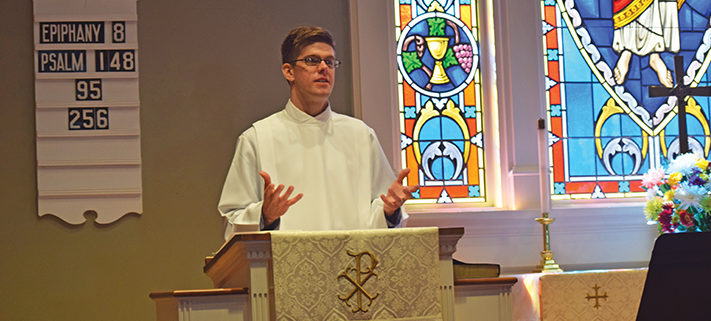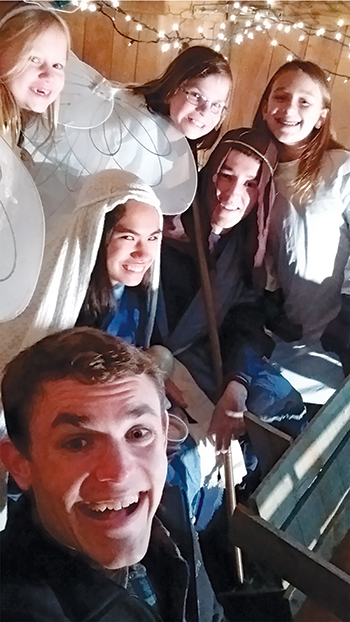Using God’s gifts
I gave chapel for the first time in fall 2016. It was nerve-wracking, of course, but it was also an excellent chance to learn and receive encouragement from classmates and friends.
Participating in chapel is wonderful, too, of course. It’s not only a worship opportunity, but it’s also such a great resource for us as future ministers of the gospel. To hear the message in many different ways from many different, excellent leaders is honestly invaluable.
I actually started at MLC with majors in secondary instrumental music and elementary education. During my Early Field Experience my sophomore year, I realized that although I enjoyed leading music, it wasn’t the only thing I wanted to do. My parents reminded me that I could be asked to lead or perform music as a pastor, too, and they helped me see that I have gifts to be a pastor that might not otherwise be used as a music teacher.
It’s been a busy transition, to say the least. I’ll be attending MLC for five years. This semester has been the hardest, challenging me with three different languages—Greek, Hebrew, and German—at once. I wouldn’t have it any other way!
Carl Boeder
Reprinted from Martin Luther College In Focus, Spring 2017
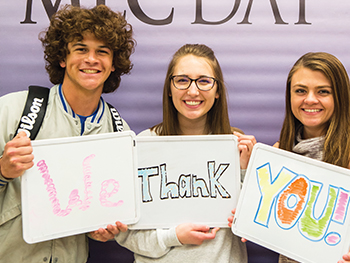
MLC Day
Supporting MLC students
MLC Day has become an annual event each spring that brings together all who support MLC around the world. MLC supporters send messages to the college, pray for its ministry, share its ministry with others, and give gifts to assist in carrying out its mission. MLC students (pictured) then share their stories and thanks with supporters.
Launched for the 2016–17 school year, the Congregational Partner Grant program also supports many Martin Luther College students as they train for full-time ministry. The program encourages congregations to support their students who attend MLC with up to $1,000 per student, which is then matched by MLC. During the first year of the program, 78 churches participated, providing 106 incoming freshmen with grants. In the second year, 145 churches participated, supporting 239 freshman and sophomore students. To learn more, visit mlc-wels.edu/go/cpgp.

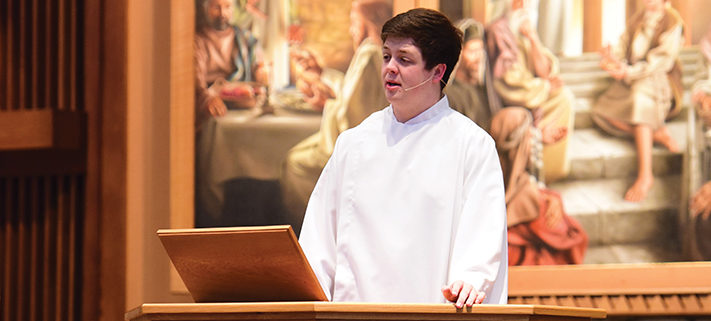
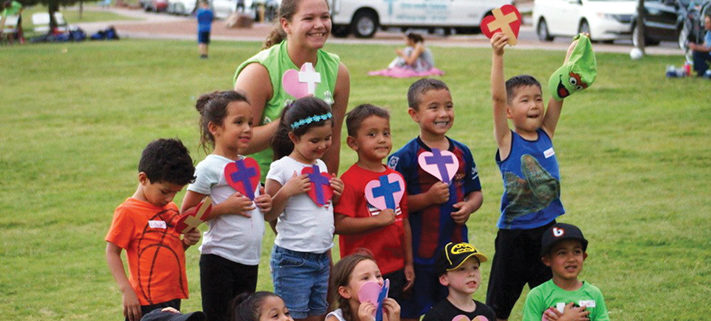
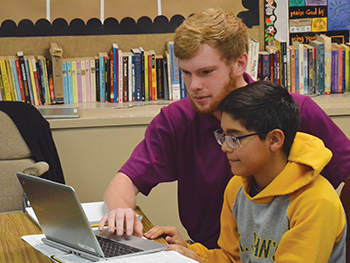
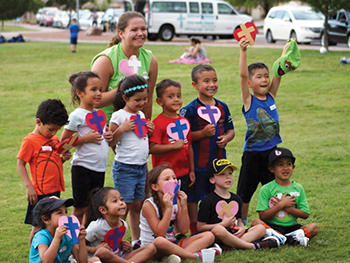
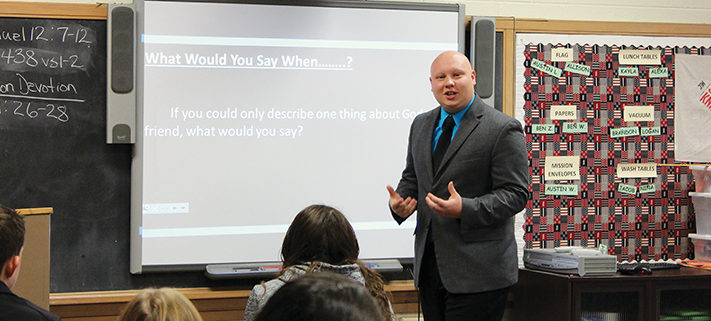
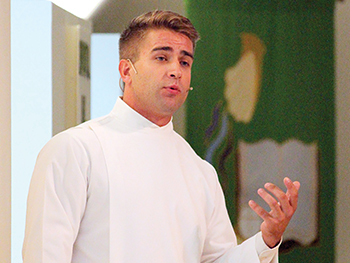
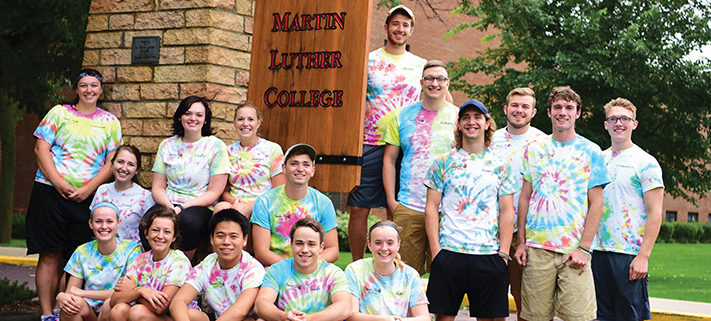
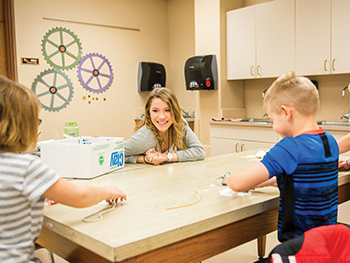 Early Experience
Early Experience